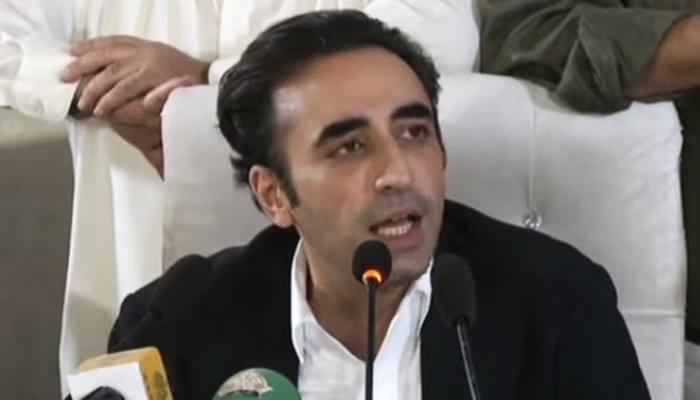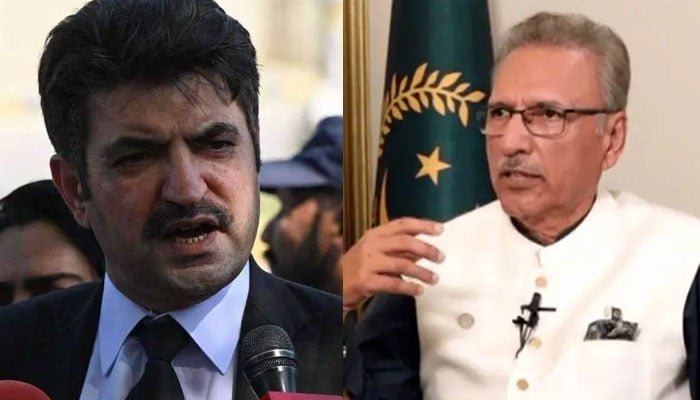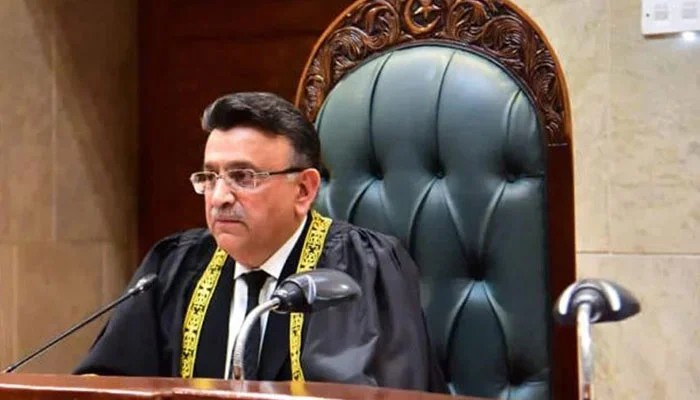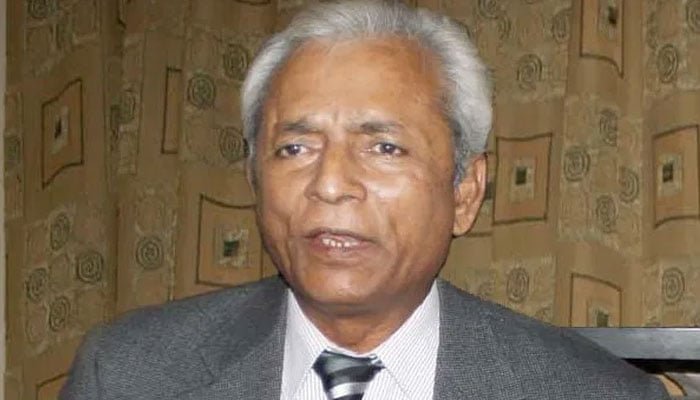The political debate around constitutional reforms in Pakistan has intensified, and Bilawal Bhutto Article 243 remarks have placed the Pakistan Peoples Party (PPP) at the centre of this national conversation. During a media briefing in Karachi, PPP Chairman Bilawal Bhutto-Zardari explained his party’s position on the proposed 27th Constitutional Amendment, including reforms related to Article 243, the creation of a constitutional court, and judicial transfers. His statements have not only clarified the PPP’s stance but also highlighted deeper concerns about civilian authority, provincial autonomy, and judicial independence.
Bilawal said the PPP’s Central Executive Committee unanimously agreed on three core points: amending Article 243, establishing a constitutional court, and ensuring that judges’ transfers are made through proper consultation. The crux of the PPP’s argument is that reforms must strengthen democracy, not weaken civilian supremacy. According to Bilawal, any amendment must ensure that constitutional powers remain balanced and transparent.
A major highlight of the conversation was the role of the “Commander of Defence Forces” (CDF), a new designation reportedly being considered by the Pakistan Muslim League-Nawaz (PML-N) in the proposed changes to Article 243. Currently, Article 243 places the command and control of Pakistan’s armed forces under the authority of the president. Introducing a new title or shifting responsibilities raises questions about how the civilian-military relationship would evolve. Bilawal emphasised that the PPP will not support any proposal that disturbs the existing balance or undermines civilian authority. His firm position makes Bilawal Bhutto Article 243 a critical topic in ongoing political discussions.
Bilawal also took a strong stance on judicial matters. He clarified that the PPP supports judicial transfers, but only if the relevant chief justices—including both the outgoing and incoming chief justices—are consulted. For the party, the issue is not about resisting change but ensuring that no single office holds unilateral power. This reflects the PPP’s long-standing demand for a transparent and collaborative judicial process.
Another significant part of the debate revolves around proposed constitutional changes that affect provincial rights, especially the National Finance Commission (NFC) Award. Some of the reported proposals—including removing protections for provincial shares in the NFC Award and introducing restrictions related to dual citizenship were met with resistance from the PPP. Bilawal stated categorically that his party would not support any amendment that reduces provincial financial rights. He said provinces could receive more resources, but under no circumstances should their NFC allocations be cut. The emphasis on federalism and financial autonomy aligns with the PPP’s political identity and governance model, particularly in Sindh.
Other aspects of the proposed amendment include raising the retirement age of constitutional court judges to 68, compared to the existing retirement age of 65 for Supreme Court judges. While this may appear to be a technical adjustment, it has sparked broader questions about judicial hierarchy and the functioning of the constitutional court. Bilawal said the PPP is open to discussing reforms as long as they strengthen institutions and uphold democratic values.
On local governance, Bilawal reminded the media that Sindh currently offers the highest degree of financial autonomy to its local governments. This, he explained, is part of the PPP’s commitment to decentralisation and responsive governance. He also noted that many promises made under the Charter of Democracy still need to be implemented, and the upcoming amendment process could provide an opportunity to gather consensus on additional points.
One of the most reassuring statements from Bilawal was his clarification regarding Article 243. He said that neither presidential powers nor civilian supremacy would be compromised if reforms were handled responsibly. “If democracy or civilian authority were harmed, we would oppose it ourselves,” he said firmly. These remarks reinforced the PPP’s commitment to safeguarding democratic norms.
As the debate continues, Bilawal Bhutto Article 243 positions the PPP as a party willing to support reforms so long as they are fair, constitutional, and rooted in democratic principles. Bilawal’s invitation to JUI-F chief Maulana Fazlur Rehman to meet at Bilawal House, calling it his “second home,” also signals the PPP’s desire to build broader political consensus at a time when national dialogue is essential.
The coming weeks will reveal whether political parties can find common ground on the 27th Amendment. For now, Bilawal’s clarity on constitutional boundaries, judicial transparency, and provincial rights ensures that Bilawal Bhutto Article 243 remains a key focus in Pakistan’s political landscape.



